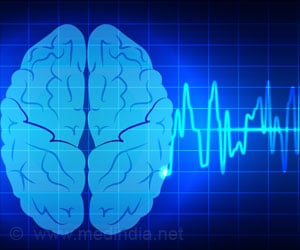
‘Scientists used a method, Chemogenetics, which reduces activity in the specific areas of the brain and nerve cells involved in an epileptic seizure and the other parts and cells in the body remain unaffected.’
Tweet it Now
In the study, published in the research journal Scientific Reports, researchers succeeded in reducing epileptic activity in the hippocampus, an area of the brain which is important for memory and learning, among other things. In the most severe cases, this is exactly the part of the brain where epileptic seizures usually start.The research team used a method known as chemogenetics, which enables them to reduce activity in the specific areas and nerve cells involved in an epileptic seizure, whereas other parts and cells in the body remain unaffected. This is in contrast to current drugs that affect more or less all parts and cells of the body, potentially leading to side-effects.
"Very few similar studies have been carried out previously, and this is the first study in which we succeeded in reducing the epileptic activity in one area of the brain by using chemogenetics to affect another area, not the seizure focus. This opens up the possibility of treating epilepsy in areas of the brain that cannot be surgically removed or treated directly", explains Mérab Kokaia.
In Sweden, around 60 000 people currently suffer from epilepsy, of whom around a third have such a severe form of the disease that current treatment with existing drugs does not work.
"We hope that, in the future, this knowledge will help people with this severe form of epilepsy, but also that it will benefit other patients with the disease," concludes Mérab Kokaia.
Advertisement
Source-Eurekalert















